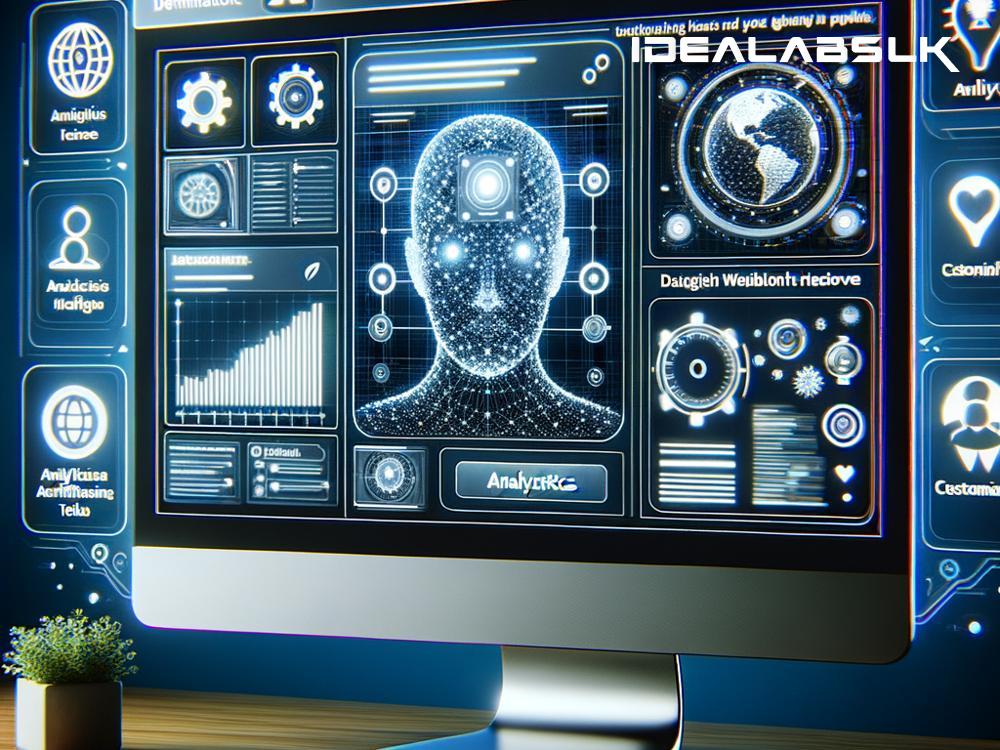How Machine Learning is Revolutionizing Real-Time Personalization for Websites
In today's fast-paced digital world, personalized user experiences have become the cornerstone of successful online platforms. From small blogs to massive e-commerce sites, personalization is the secret ingredient that makes a website stand out. This is where the power of Machine Learning (ML) steps in, transforming the way websites offer real-time personalization. Let's dive into the fascinating world of ML and explore how it's redefining user experiences on the web.
What is Machine Learning?
Imagine teaching your computer to recognize patterns, make decisions, and even predict outcomes based on past data. That's Machine Learning in a nutshell. It's a branch of artificial intelligence (AI) that gives systems the ability to learn and improve from experience without being explicitly programmed. From facial recognition in photos to movie recommendations on streaming platforms, ML is everywhere.
The Personalization Puzzle
Think back to the last time you were online shopping and how the website seemed to know exactly what you were interested in. Or how your social media feeds seem to be perfectly curated to your tastes. That's personalization. It's all about offering a unique, tailored experience to each user, ensuring that content, suggestions, and offers are relevant to them. However, achieving this level of personalization, especially in real-time, is incredibly complex. This is where ML shines.
How Machine Learning Enhances Real-Time Personalization
1. Understanding User Behavior
At the heart of personalization is a deep understanding of user behavior. ML algorithms can analyze vast amounts of data from user interactions, social media, device usage, and more to identify patterns and preferences. This analysis happens in seconds, allowing websites to adapt their content and recommendations in real time, offering a personalized experience that feels natural and engaging.
2. Dynamic Content Customization
Whether it's news articles, product listings, or social media posts, ML can adjust what content is presented to each user based on their preferences and behavior. For instance, if a user spends a lot of time reading about technology, an ML-powered website can prioritize tech-related content for them. This dynamic customization ensures users find what they're interested in faster, enhancing their overall experience.
3. Personalized Recommendations
One of the most visible applications of ML in personalization is product or content recommendations. By analyzing past interactions, purchases, and even what similar users like, ML algorithms can predict what a user might be interested in next. This capability is particularly powerful for e-commerce sites, where personalized recommendations can significantly impact sales and customer satisfaction.
4. Improved Search Results
Search functionality is crucial for helping users find what they're looking for on a website. ML can personalize search results to be more relevant to the individual user. For example, if a user frequently buys organic products, an ML-enhanced search can prioritize organic options in their search results. This personalized approach can make website navigation more intuitive and satisfying.
5. Real-time Adaptation
User preferences can change, and what's relevant today might not be tomorrow. ML excels at adapting to these changes in real-time. By continuously learning from new data, ML algorithms can update personalization strategies instantly, keeping the user experience fresh and relevant. This ability to adapt quickly is a game-changer for maintaining engagement and user satisfaction.
The Future of Personalization
As ML technology continues to evolve, so too will the possibilities for real-time personalization. We're likely to see even more sophisticated personalization strategies, from hyper-personalized interfaces to anticipatory design that predicts what a user will want before they even know it themselves. The future promises websites that aren't just responsive but truly intuitive, offering each user a unique, tailored experience that feels like it was designed just for them.
Conclusion
Machine Learning is transforming the landscape of website personalization, enabling real-time, dynamic user experiences that were previously impossible. By understanding and adapting to each user's unique needs and preferences, ML-powered websites can offer a level of personalization that not only enhances engagement but also fosters a deeper connection between users and platforms. As we look to the future, the potential for even more personalized and intuitive web experiences is both exciting and seemingly limitless.

